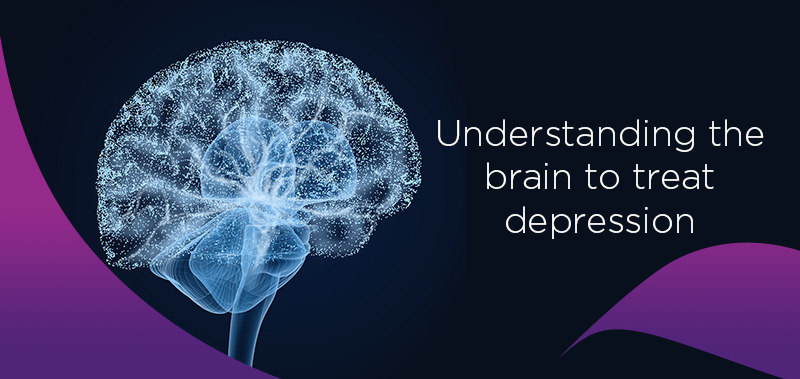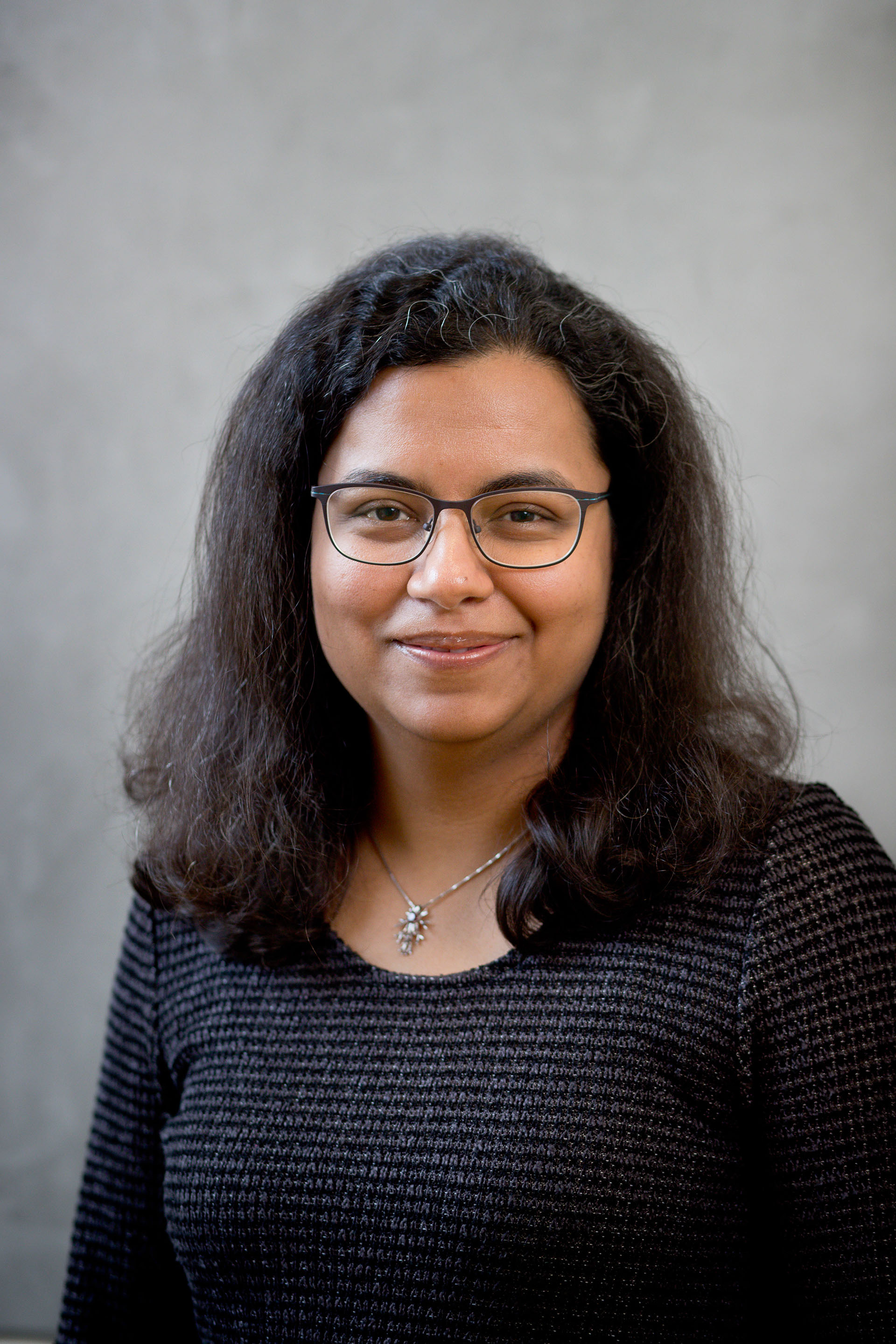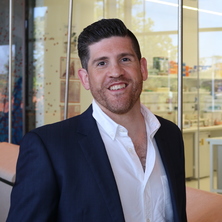Live Webinar: Understanding the brain to treat depression

It is estimated that more than 30% of people do not respond to medicines to treat depression. This can leave people with limited treatment options and have a huge impact on their quality of life and their support networks. Join Queensland Brain Institute researchers Dr Susannah Tye, Dr Dhanisha Jhaveri and psychiatrist Dr Philip Mosley as they discuss what is happening in the brains of people with depression, why medications don’t work for some people and alternative treatments for people with depression that don’t respond to medication.
Date: 14th October
Time: 4.30 - 5.30pm
Location: Online event via ZOOM
Enquiries: please send any enquiries to qbievents@uq.edu.au.
Moderator
Dr James Kesby’s research focusses on the neurochemical control of behaviour, particularly that involved in psychosis, schizophrenia and addiction. Through the investigation of decision-making processes in experimental animal models and humans my work aims to understand the abnormal circuitry in human neuropsychiatric disorders. Animal models provide an avenue to explore function and neurochemistry using techniques that cannot be used in human subjects. However, interacting directly with clinicians and performing translational studies are key to putting these facts into context. Dr Kesby works closely with clinical researchers focussed on the daunting task of understanding, identifying and treating early psychosis. This cross-disciplinary research collaboration continues to pursue better outcomes for people suffering from mental illness.
Panel Members

Dr Susannah Tye, leads the Functional Neuromodulation and Novel Therapeutics Laboratory at the Queensland Brain Institute (QBI) at the University of Queensland. Through Dr Tye’s clinical-focus, she aims to understand why some individuals fail to improve in response to therapies for psychiatric disease and to advance progress towards the discovery and development of novel treatments to help this vulnerable patient population. Her research is interdisciplinary, drawing on approaches and techniques from neuroscience, molecular biology, biochemistry, and neuroengineering. She is particularly interested in the potential to use key biomarkers of refractory illness to diagnose and inform treatment decisions, and the possibility that real-time feedback may be used to customise neuromodulatory treatments. Dr Tye has authored over 60 scientific journal articles and book chapters and supervised 5 PhD students, 1 Masters student, 5 honours and 5 Graduate Diploma Psychology students to successful completion of their degrees.

Dr Dhanisha Jhaveri has a joint appointment at Mater Research and the Queensland Brain Institute (QBI) and is a Mater Foundation Senior Research Fellow. She leads a research program investigating neuroplasticity mechanisms that regulate mood and cognitive behaviour in animal models of stress and depression, with a view to better understand and translate these principles for therapeutic benefits. She has made seminal contributions towards understanding the process of generating new neurons, a striking form of neuroplasticity in the adult brain and has uncovered a novel mechanism by which a subclass of antidepressants impact the production of new neurons. Hergroup is integrating enquiries at molecular, cellular, circuit, and behavioural levels to unravel the role of new neurons in stress response and recovery.
 Dr Philip Mosley works as a member of the deep brain stimulation (DBS) team at the Asia-Pacific Centre for Neuromodulation (APCN) and as a clinical research fellow at the QIMR Berghofer Medical Research Institute. He runs a private neuropsychiatry practice and also provides a consultation-liaison psychiatry service to the neurology, medical and surgical wards at St Andrew’s War Memorial Hospital in Brisbane.
Dr Philip Mosley works as a member of the deep brain stimulation (DBS) team at the Asia-Pacific Centre for Neuromodulation (APCN) and as a clinical research fellow at the QIMR Berghofer Medical Research Institute. He runs a private neuropsychiatry practice and also provides a consultation-liaison psychiatry service to the neurology, medical and surgical wards at St Andrew’s War Memorial Hospital in Brisbane.
About Mental Health Week Live Webinar
Every year the Queensland Brain Institute hosts a mental health webinar, during Mental health Week. Join us to hear from experts who discuss important topics related to mental health research.
